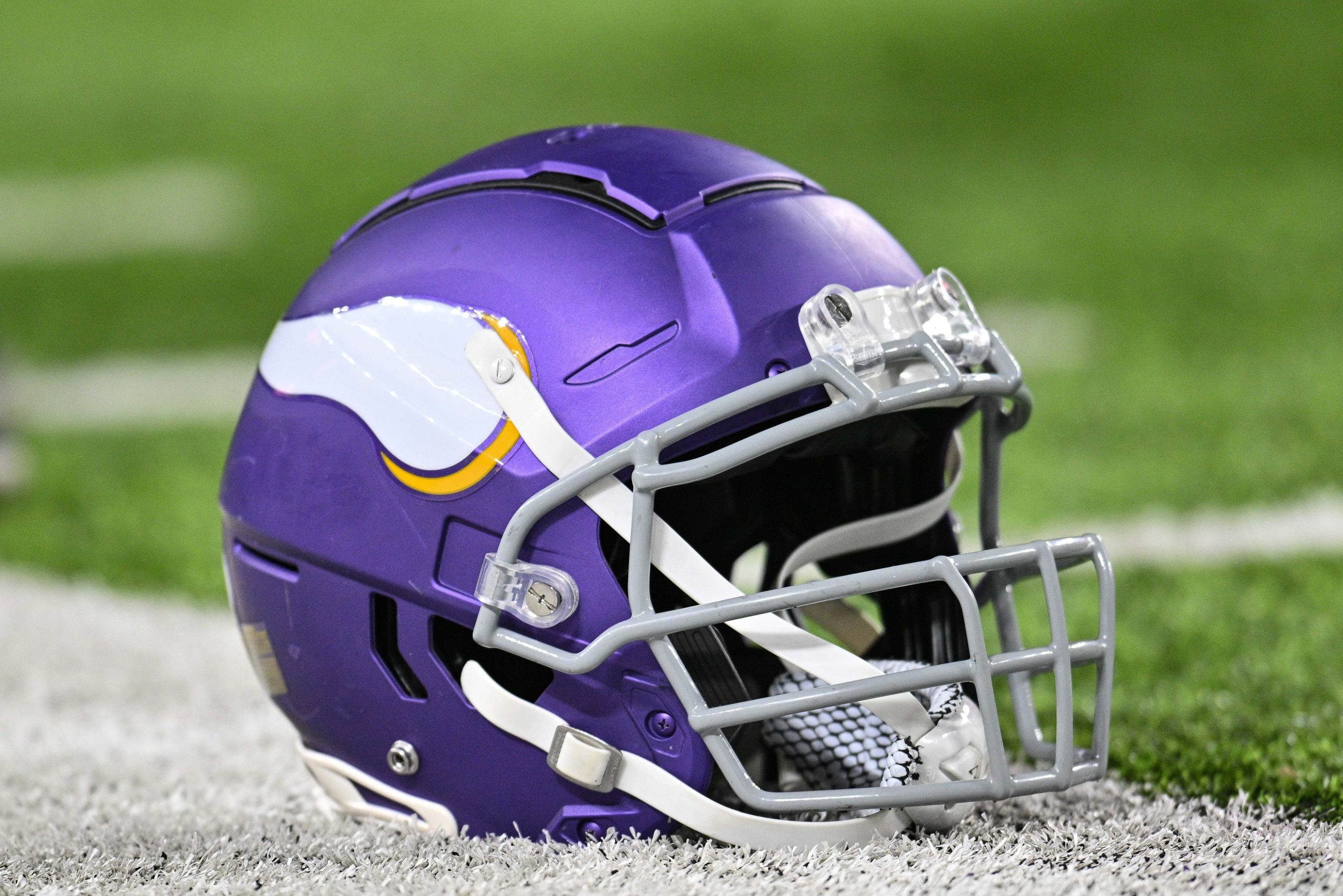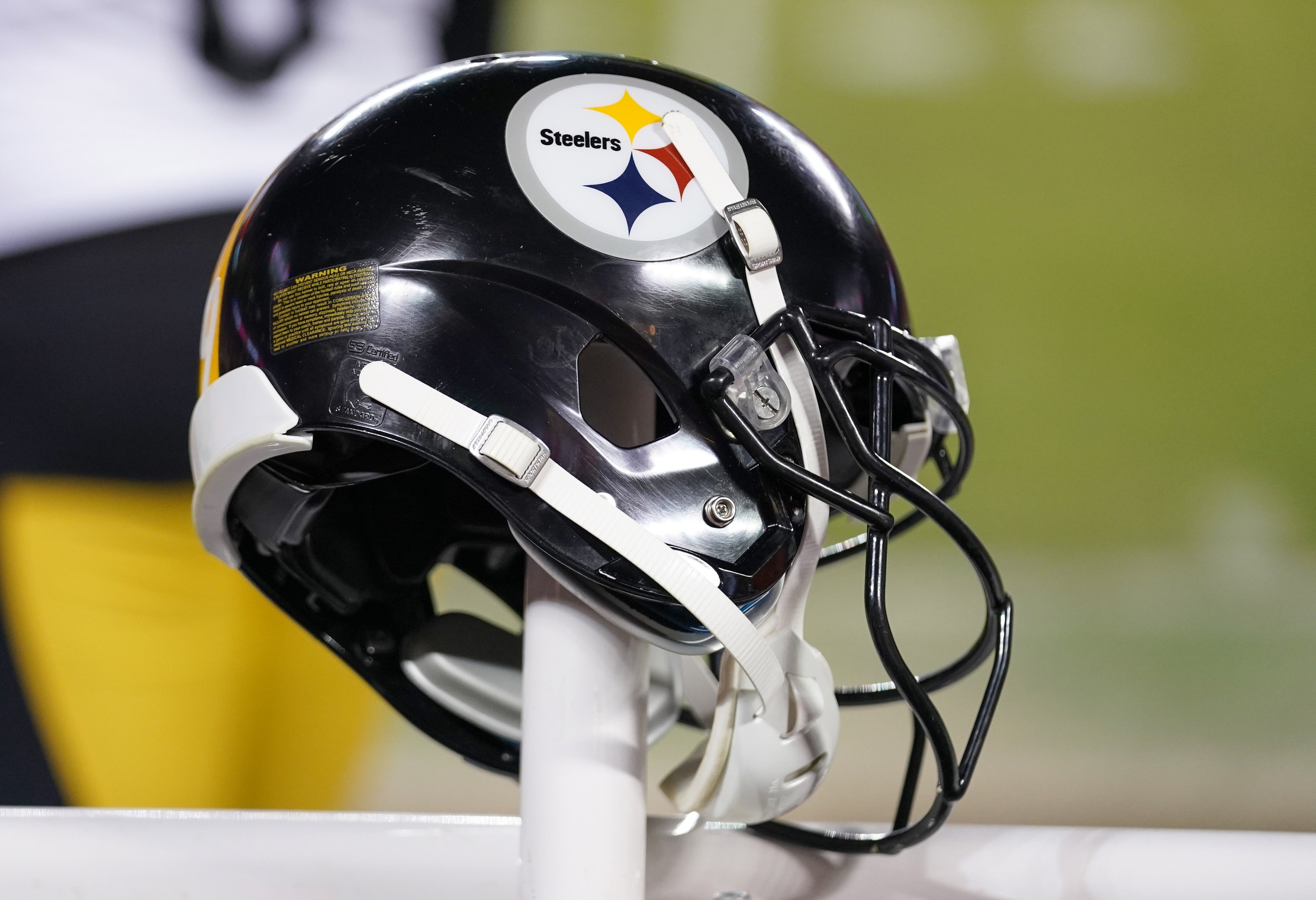There’s something captivating about rooting for the underdog in sports. Whether it’s a scrappy team defying the odds or an athlete overcoming every challenge, the underdog story taps into something deep within us.
It’s more than just a desire for an upset— it’s a celebration of resilience, grit, and the belief that anything is possible, no matter how impossible it may seem. From the last-minute game-winner to the unexpected championship run, the underdog represents hope, heart, and the thrill of the unexpected. But why do we love them so much?
Psychologically, we lean toward underdogs because they represent a core part of the human experience— the struggle to overcome adversity. Underdog stories are compelling because they represent the possibility of overcoming the impossible, and we see ourselves in those moments.
This is tied to the narrative transportation theory, which suggests that when we hear an inspiring story, especially one involving an underdog, we become so enthralled in it that we begin to identify with the characters. When the underdog wins or even puts up a great fight, we feel a sense of victory, as though we too have overcome obstacles.
Additionally, underdog stories often challenge the traditional concept of “destiny.” In sports, where talent, preparation, and statistics are usually seen as the most important factors, underdogs turn the tables by proving that sheer willpower, determination, and sometimes a little bit of luck can lead to victory. This taps into a cultural and emotional space where we all want to believe that anything is possible, no matter the odds.
From Hollywood movies to mainstream media, the underdog is a cornerstone of sports storytelling. Think about iconic moments like:
The “Miracle on Ice” (1980 Winter Olympics), Leicester City’s 2015-2016 Premier League win, or the 2007 New York Giants Super Bowl victory.
These triumphs become part of the broader sports culture, where they are retold time and again, inspiring future generations of athletes and fans. But the underdog story isn’t confined to major global events— it plays out in every level of sport, from the smallest high school games to professional leagues.
Sports media plays a huge role in reinforcing the underdog narrative. In an era where sports are as much about entertainment as they are about competition, the media often grabs onto the drama of the underdog story to sell the sport to audiences.
The way announcers and broadcasters frame a game can elevate the underdog status, using language like “They’re fighting against all odds,” or “Can they pull off the unthinkable?”
Such commentary builds the narrative tension that fans crave. Every possession, every shot, and every pass from the underdog team becomes part of the story, drawing viewers in. Even when the underdog loses, there is often a sense of pride in their valiant effort, which the media magnifies.
Even the scores (in this case, the music). Think Friday Night Lights.
Underdogs often face situations that seem impossible. Whether it’s a small-market team trying to compete against multi-billion-dollar franchises or a low-ranked fighter taking on a reigning champion, these athletes show us what it means to keep going when the world says you can’t. It’s a reminder that, in life, the odds are not always a reflection of one’s potential for success.
The underdog is an enduring and essential part of the sports world. Its narrative transcends the boundaries of sport and resonates with us on a deeply personal level. From unimaginable conquests to heart-wrenching near-misses, the underdog proves that anything is possible when we refuse to give up, regardless of the odds.
Every time an underdog rises to the occasion, it inspires us to believe in our potential, to root for the unlikely hero, and to appreciate the magic of sport— where, sometimes, the impossible isn’t just possible, but inevitable.







